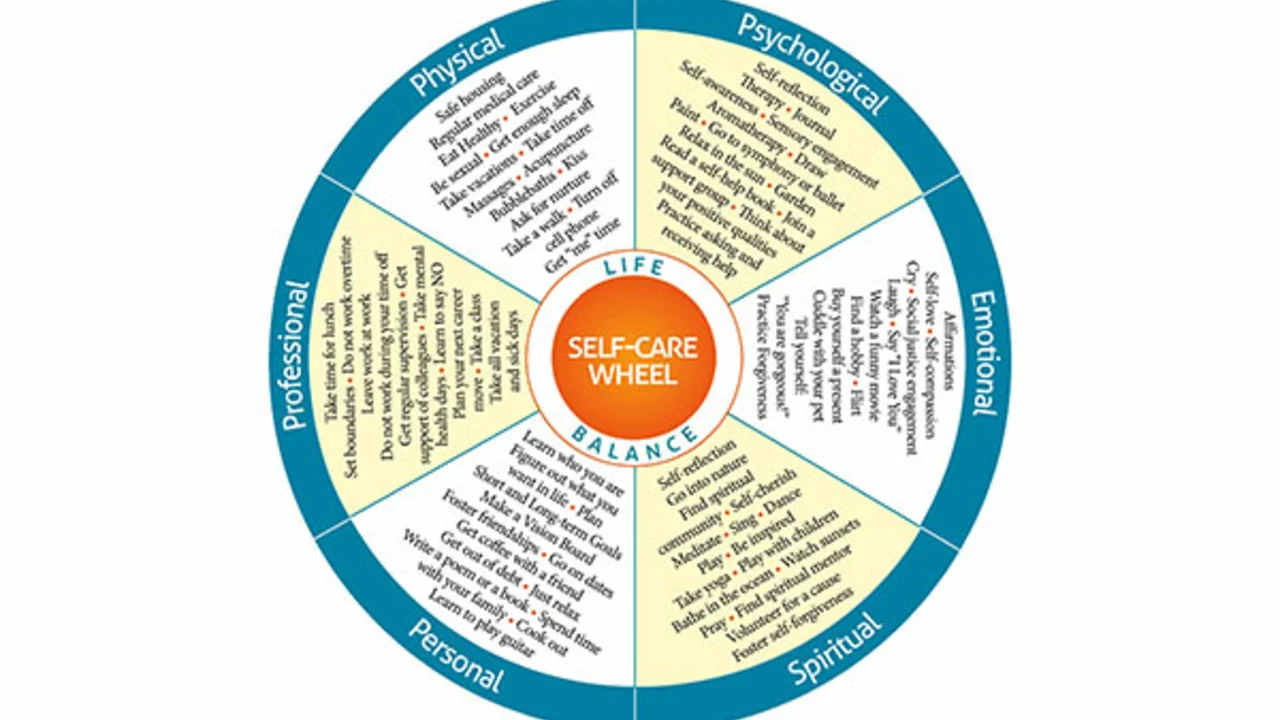If your immune system is weaker than it should be, small infections can turn into big problems. People with immunodeficiency get colds, sinus infections, skin infections, or lung infections more often and they take longer to get better. Sometimes tiredness, unexplained fevers, weight loss, or persistent diarrhea are signs that something deeper is wrong.
Why it happens depends on the type. Primary immunodeficiency is usually genetic and shows up in childhood or later. Secondary immunodeficiency comes from another cause: chemo, certain autoimmune drugs, uncontrolled diabetes, HIV, or even long-term steroid use. Knowing the cause changes the plan for care.
How do you tell if you need testing? If you have more than four serious infections a year, infections with unusual germs, infections that need long courses of antibiotics, or poor response to standard treatments, ask your doctor about an immune workup. Simple blood tests can measure white cells, immunoglobulins, or vaccine response. Specialized tests may follow based on those results.
Treatment focuses on fixing what you can and preventing harm. Vaccines, when allowed, are a key tool. Some people need regular immunoglobulin replacement to give missing antibodies. Targeted antibiotics, antiviral drugs, or antifungals are used to treat infections fast. In cases tied to medication, adjusting or stopping the culprit can improve immunity.
Daily habits matter. Wash hands often, avoid crowded sick settings during outbreaks, keep wounds clean, and maintain good dental care. Sleep, steady nutrition, and not smoking help the immune system operate better. If you use supplements, check with a clinician, as some can interfere with drugs or mask problems.
Travel and immunodeficiency require planning. Live vaccines may be unsafe. Talk to an infectious disease or travel clinic before trips, get the right inactivated vaccines, and carry documentation on your condition and meds. For air travel, plan how to handle temperature changes, jet lag, and access to medical care at your destination.
Online medicine shopping and treatment decisions should be cautious. Use trusted pharmacies, keep prescriptions current, and never skip a dose of immune-supporting drugs without professional advice. Our site has guides on antivirals, antibiotics for recurrent UTI, and safe online pharmacies to help you compare options.
If you care for someone with immunodeficiency, learn red flags: high fever, breathing trouble, confusion, severe pain, or fast worsening. Those need urgent medical attention. For routine care, keep a single point of contact, a primary doctor or specialist who knows the full history.
You don’t have to navigate this alone. Support groups, reliable online resources, and a clear plan with your healthcare team make life more predictable. Keep records of infections, treatments, and vaccine dates. That record is a powerful tool when you need quick decisions.
Bring a list of infections, medications, allergies, and vaccine dates. Ask about immune testing, vaccine timing, infection prevention plans, and emergency antibiotics. Confirm who to call after hours and how fast to seek care for new symptoms. Remember.

Immunodeficiency is a health condition where the body's defense system isn't as strong as it should be, making us more susceptible to infections and diseases. It's incredibly important for those with this condition to practice self-care to ensure they stay as healthy as possible. This includes maintaining a balanced diet, regular exercise, staying hydrated and getting enough sleep. Mental health care is also crucial as stress can further weaken the immune system. Remember, self-care is not selfish; it's necessary, especially when dealing with immunodeficiency.
View more